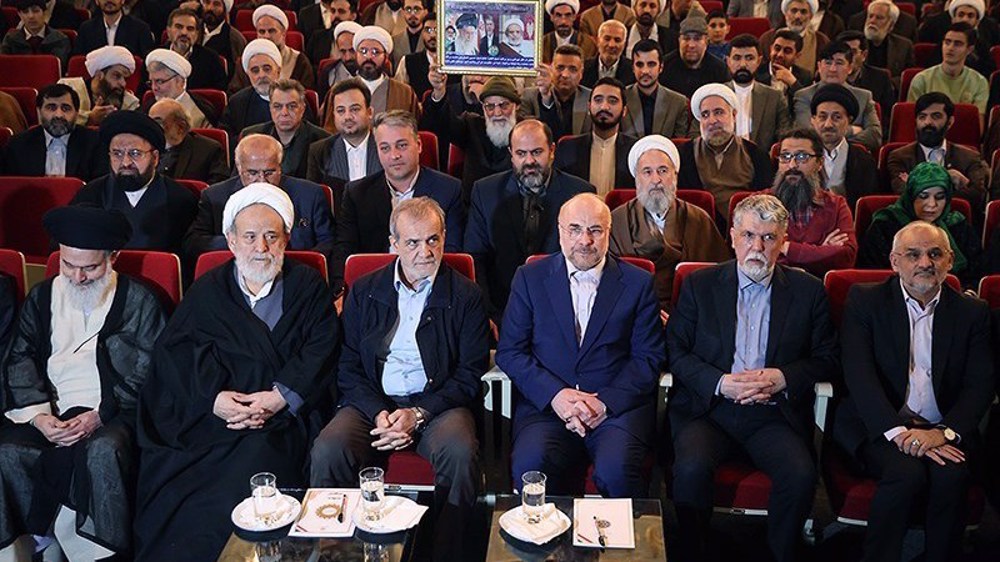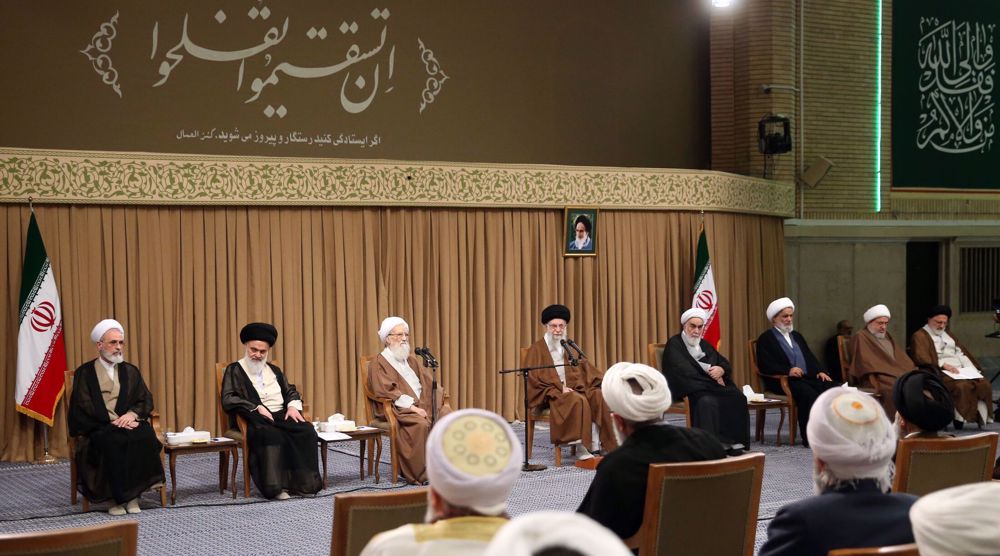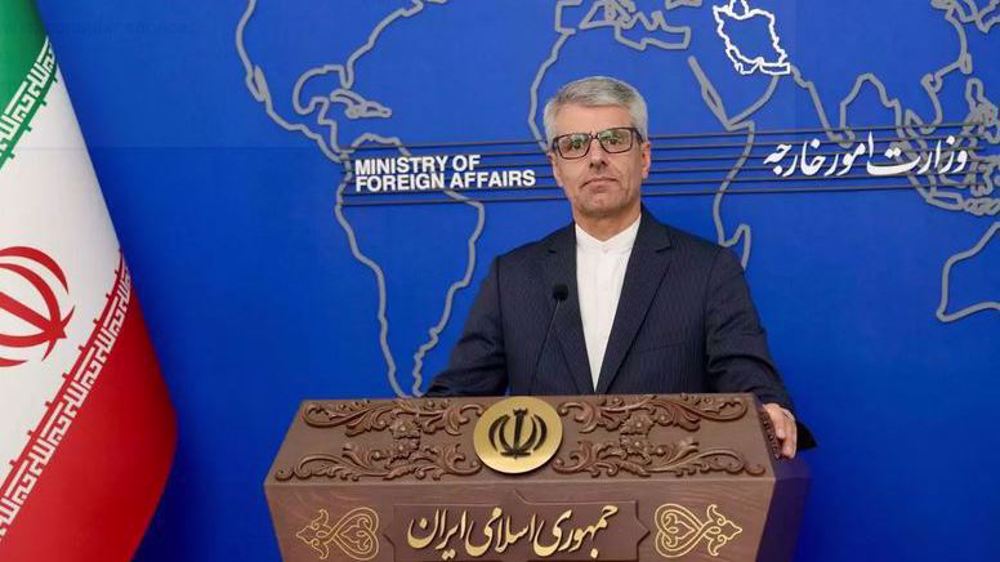‘History will laugh at us!’ Mehr-Alizadeh rips into state-level executive managers
Mohsen Mehr-Alizadeh, the Reformist candidate running for president in Iran’s June 18 election, has harshly criticized state-level executive managers for failing to act based on the science of management and wasting national wealth.
Speaking in a pre-recorded program and to the camera on Wednesday (June 2), Mehr-Alizadeh referred to specific instances of what he called mismanagement.
At one moment, fuming, he said the President Hassan Rouhani administration had offered foreign currencies at a lower price than the exchange market “to some people who appropriate part of the sum and use the rest to import junk from China.”
“Importing gravestones, safety pins, rosaries, and prayer counters is ludicrous, and history will laugh at us,” he said. “Posterity will tell us, ‘You were either traitors or fools.’ But I say it is not treason, and people are wise, too, but they didn’t believe in management science. That’s where the problem is.”
He made references to everything from employment and industry to water resources, the power grid, and housing to emphasize that mismanagement was taking place.
Mehr-Alizadeh has been attempting to win over the official endorsement of the Reformist camp. Iran’s main reformist body, Iran’s Reform Front, has said formerly that the Reformist faction will not be represented in the June 18 election after the disqualification of several of its candidates, including, most prominently, Vice President Es’haq Jahangiri, by the Constitutional Council. Recently, however, there have been reports that the Front may study Mehr-Alizadeh’s plans, as well as those of another approved candidate, Nasser Hemmati, but it is unclear if the two would receive official Reformist recognition.
Earlier, on Tuesday, Mehr-Alizadeh said in remarks on the social networking platform Clubhouse that he had met with former President and leader of the Reformist faction Mohammad Khatami and the head of the Front, Behzad Nabavi, and expressed his readiness to present his plans to the Reformist bloc.
Mehr-Alizadeh, a one-time vice president under Khatami who has long kept a low profile, has adopted stronger rhetoric in his campaigning in the 2021 election.
On Clubhouse on Tuesday, he said he would appoint three women to ministerial posts and install 31 women as deputy provincial governors, and would “try to” appoint a woman as his first vice president if the three candidates for ministerial portfolios fail to receive votes of confidences at the Parliament.
Resistance groups strongly condemn Israel’s new deportation law
Hezbollah missiles hit two major Israeli military bases
Rallying for peace: Why are thousands marching from Parachinar to Peshawar
Ireland says will join South Africa's genocide case against Israel at ICJ
Pezeshkian: It makes no difference to Iran who won US election
UNESCO to consider 'enhanced protection' of heritage sites in Lebanon
Israeli strikes kill civilians, injure UN peacekeeper, soldiers in Lebanon
VIDEO | Intl. conference discusses 'Third Model' for women












 This makes it easy to access the Press TV website
This makes it easy to access the Press TV website